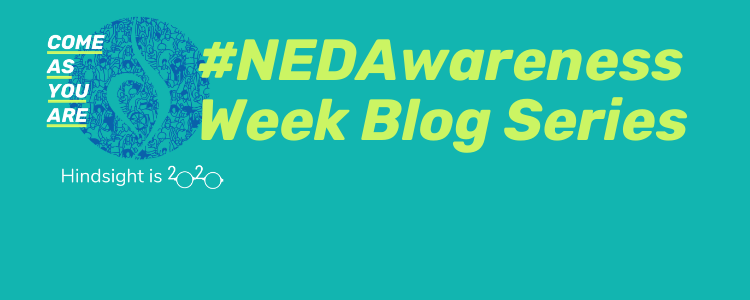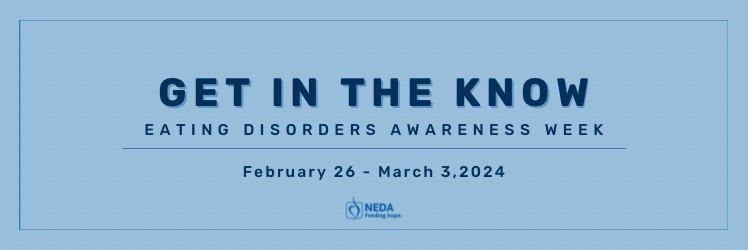Eating is emotional. Food is used to celebrate special occasions and to comfort us during sadness and loss. We associate specific foods with certain holidays, and smelling foods that are familiar to us from childhood can bring up special memories or feelings. As babies, we used eating as a way to soothe us when upset and we are often given food as a reward for an accomplishment. Eating and food are emotional. And yet, when it comes to what we have defined as “emotional eating” it is almost always talked about in a negative way.
Emotional eating is typically meant in exactly the way it sounds—eating to cope with emotions. It is usually described as a way to cope with feelings such as sadness, grief, and anger, but I hear people say things like “I use food to cope with every feeling. If I’m sad, I eat. If I’m happy, I eat,” quite often. There is almost always a disparaging tone when this is said as if eating emotionally is a sign of a weakness or deficit that needs to be fixed.
I understand the amount of distress people feel about eating emotionally. We live in a culture that tells us only certain kinds of food and only certain kinds of eating are acceptable. We are encouraged to “watch what we eat” and “be careful” about our food choices. We are told that food should be used to fuel our body and we should be eating only in response to hunger and fullness cues, and that anything outside of that is pathological. We are taught to fear weight gain and told that if we eat emotionally we will gain weight.
As a therapist, clients frequently come to me wanting to address their “emotional eating.” They describe their emotional eating to me with great concern and talk about how upsetting it is to them. I empathize with them particularly in light of the culture that we live in. And then I ask the following question:
If you knew that you could eat emotionally as often as you wanted, or needed, to and you wouldn’t gain weight; would you still be concerned about your emotional eating? Would you still be seeking therapy wanting to change it? Would your level of distress be the same?
Inevitably, the answer is no. So, we explore how they would feel about emotional eating if they weren’t afraid of weight gain. Many of my clients tell me that food is very effective as a way of coping with emotions. It’s readily available for many people, soothing, doesn’t cause harm or impairment, is legal, and can be shared with others. Clients are usually surprised when I validate that eating is a very wise and effective way to cope with emotions and encourage them to keep eating emotionally.
We then shift our work together away from trying to resolve emotional eating to trying to explore the fear of weight gain and internalized weight stigma. Being afraid of weight gain is almost unavoidable in our culture. The healing, though, doesn’t happen around stopping the emotional eating. The healing happens in learning to trust ourselves and our bodies. The healing happens in recognizing that emotional eating is part of ‘normal’ eating and that whatever size our bodies go to when we are eating enough, eating consistently, and emotionally eating sometimes, is the size they need to be.
If clients feel that eating is one of the only ways of coping that they have and they want to develop additional ways of coping, we work on that. For most people, it is helpful to have more than one way of coping so that we have options depending on what situation we are in, what feelings we are dealing with, who we are with, etc. While we work on developing additional ways of coping, we continue to check in and make sure that eating emotionally isn’t being seen as worse than other ways of coping or being avoided due to fear of weight gain. We want emotional eating to continue to be available as a way of coping. We are just working on adding additional ways.
I remember how liberating it was for me on my own healing journey when I realized I could stop trying to control the size and shape of my body and give myself permission to use food as a way to cope as needed. Prior to getting to that point, I told myself I was weak and that there was something wrong with me any time I turned to food to cope. I would chide myself and be terrified that if I couldn’t get a handle on the emotional eating, I was going to gain weight forever. In my own therapy I worked on unpacking my internalized weight stigma and identifying where I learned that eating as a way of coping was bad or wrong. As I healed, I was able to give myself permission to use food to cope any time I wanted to. It has given me so much freedom to be able to use food as a way of coping without feeling bad about it after.
If you are an “emotional eater” know that you are so wise. You are turning to a way of coping that is innate in us. You are finding ways to care for yourself. You are finding ways to soothe yourself. You are not wrong. You are not bad. You are not “out of control.” It is weight stigma that makes you believe these things about yourself. When we challenge the belief that emotional eating is bad because it might lead to weight gain, we are able to feel free to eat emotionally whenever we need to. We recognize that eating is an effective way of coping and that we want it to always be an option for us.
Rachel Millner, Psy.D., CEDS-S CBTP is a psychologist, activist and advocate, a certified eating disorder specialist & supervisor and certified Body Trust® provider. Dr. Millner works with people with all forms of eating disorders as well as those wanting to heal their relationship with food and body. She is a fat positive, Health at Every Size®, weight inclusive provider. In addition to her clinical work, Dr. Millner presents nationally on topics related to fat positive care, weight stigma in healthcare, and “atypical” anorexia. Dr. Millner has appeared on several popular podcasts talking about these topics and sharing about her own healing journey from eating disorders.






